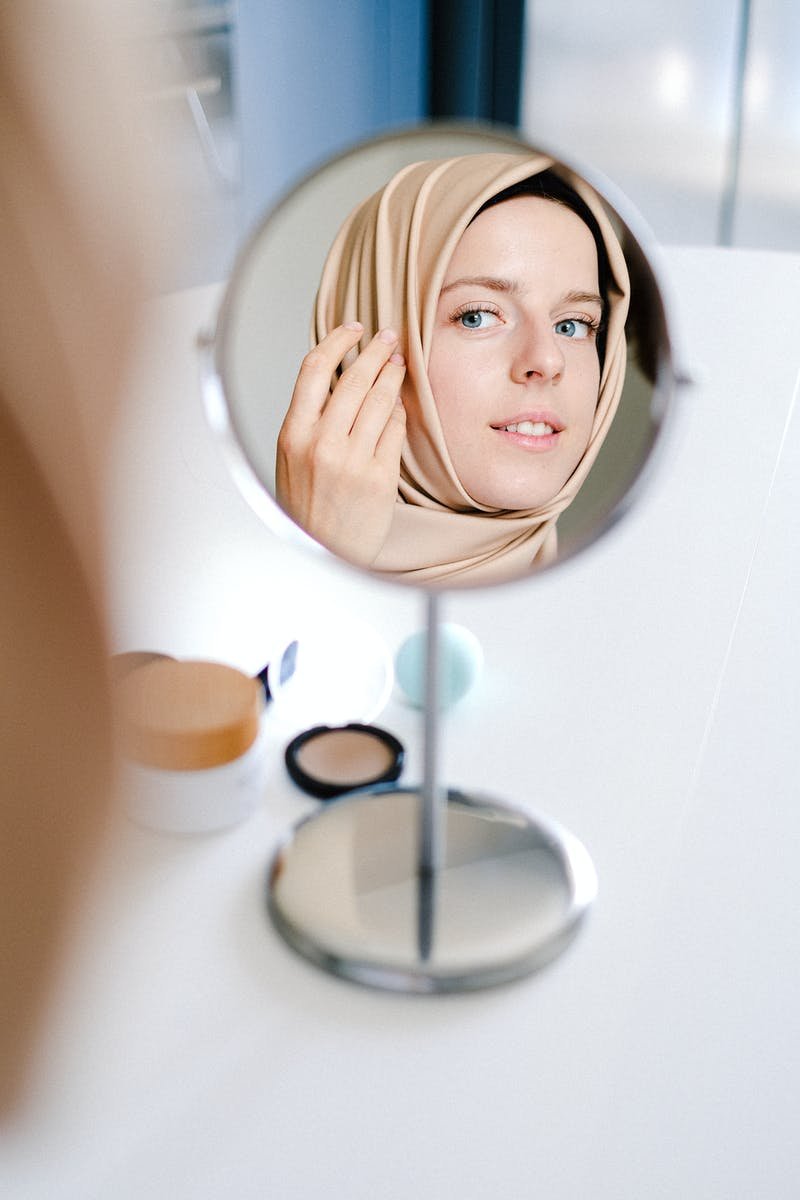What is a cavity and do I have one?
A dental cavity is a hole that forms in your tooth after the enamel is damaged. Plaque on the teeth is typical in modest amounts, but it should not stay on the teeth for more than two days. It eventually converts into tartar after two days, which changes sugar into acid, which damages your enamel.
Are you unsure whether you have cavities? Here are a few things to keep an eye out for:
1. Constant toothaches
If you're having trouble sleeping or accomplishing other duties because of a persistent toothache, you may have a cavity. When the damaged tooth comes into touch with anything, from hot or cold liquids to food, the pain is often exacerbated.
When you have cavities, food particles can become caught inside your tooth, exacerbating the pain.
2. Mouth odor
Cavities can occasionally be detected by bad breath. In fact, many people experience a sour taste in their mouth along with poor breath. Food particles often adhere to cavities, making them ideal breeding grounds for germs.
If your dental hygiene practices do not change, the acids that bacteria make in cavities might harm your gums and lead to gingivitis. If you realize that your breath smells horrible all of the time, it's time to see the dentist.
Bad breath can be caused by a variety of oral health conditions. Whatever problem you're having, your dentist knows how to solve it.
3. Brushing causes bleeding
People who have cavities frequently bleed while brushing their teeth. Cavities can grow deep enough in your teeth to reach the nerves, which sometimes bleed when agitated. Gum disease can also cause bleeding gums. In any case, you should make an appointment with your dentist right away.
4. Teeth with visible holes
When you stand in front of a mirror, depending on the placement of the cavity, you may be able to see it. If you think you have cavities, you can also feel them with your finger. A personal inspection of your mouth is recommended if you are experiencing other cavities symptoms such as foul breath or toothaches.
Conclusion
These are just a handful of the signs and symptoms of dental cavities. While it is critical to understand what these symptoms signify, seeing a dentist is even more crucial. A dentist will assist you in determining your alternatives.
